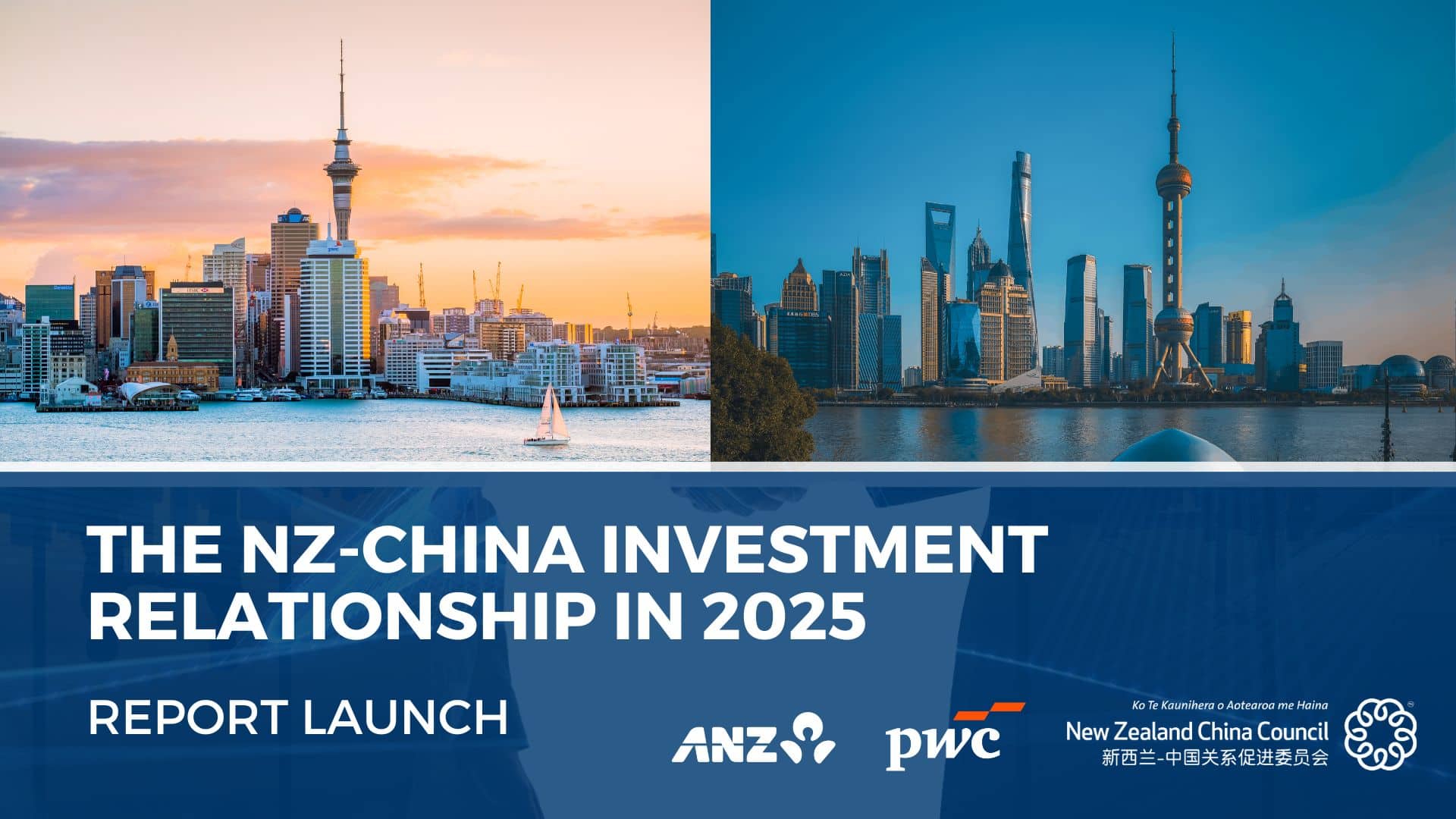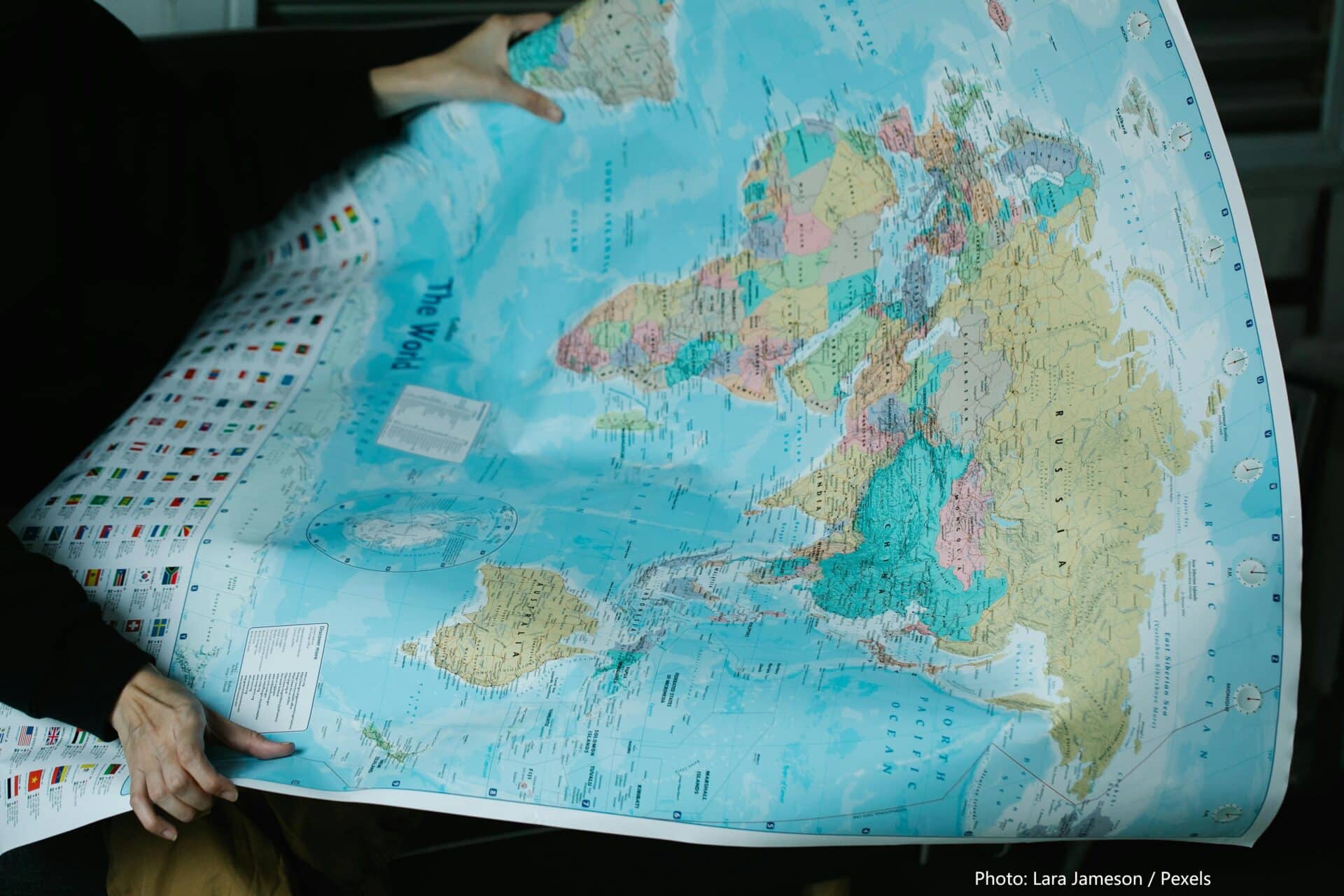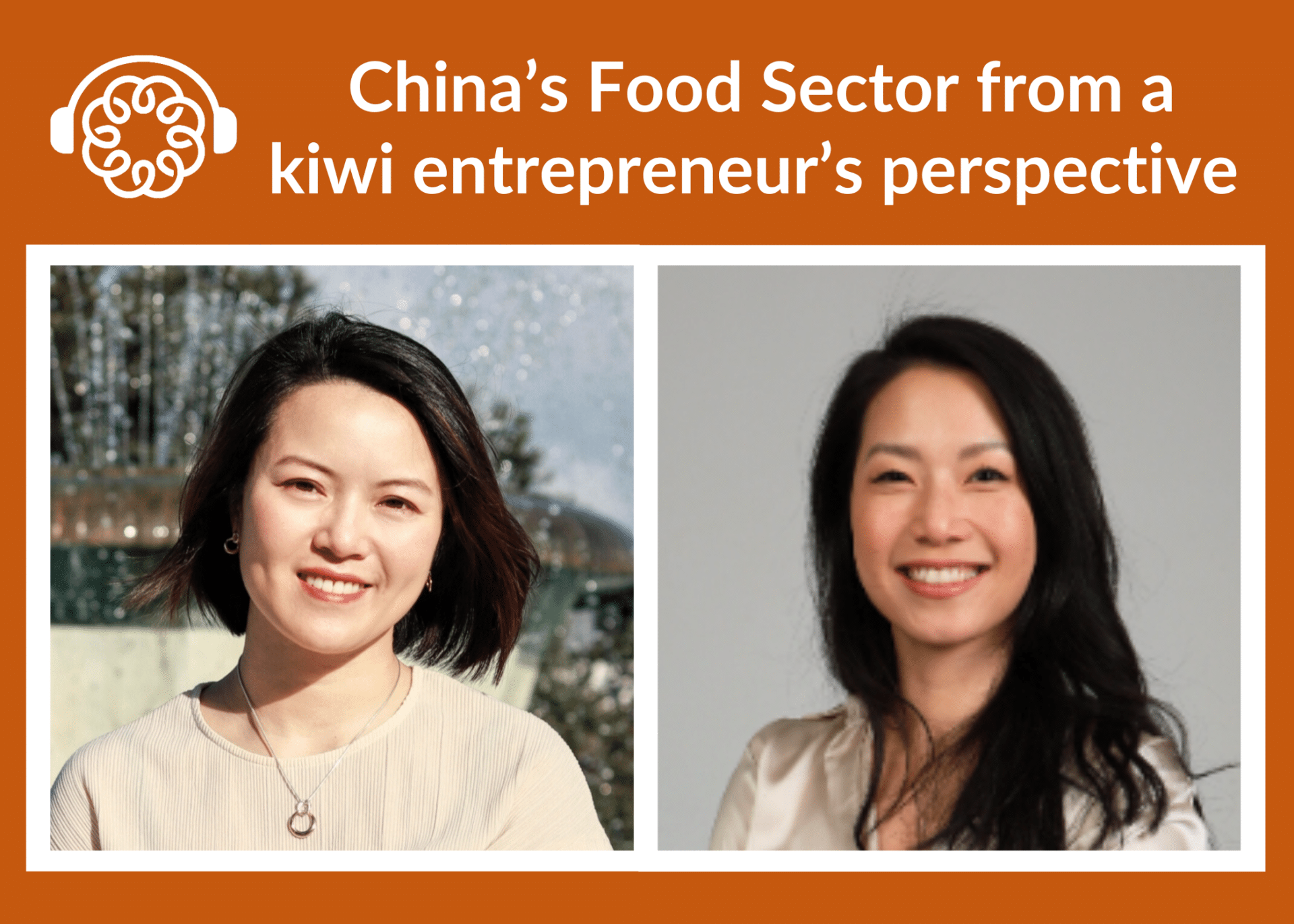White House battle ‘unlikely to shift US-China tensions’
This article by Sam Sachdeva was originally published on newsroom.co.nz on 6 Sep 2024.
As concern about Great Power competition between the US and China grows, Chinese academics argue the West misunderstands the country’s ambitions
The United States’ containment approach towards China is unlikely to shift no matter who gains control of the White House in November, a senior Chinese academic says, arguing the Americans must abandon “black and white” views of international cooperation.
Shao Yuqun, director of the Institute for Taiwan, Hong Kong and Macao Studies at the Shanghai Institutes of International Studies, said US-China relations were in a difficult position, with the Americans displaying a “Cold War mentality” in their strategy towards the Asian superpower.
“Their framework is very simple: that China’s capability is rising so its intention will change. They don’t consider our history, our culture, our strategic thinking – all those complex factors are there,” Shao told Newsroom during a visit to Shanghai earlier this year.
While China did not want to compete for global hegemony, instead promoting the idea of “peaceful co-existence”, the US did not trust what the Chinese were saying.
Beijing was keen to make a greater contribution to global governance but Washington appeared to be opposed due to ideological differences which was counterproductive for the health of the international order.
“If you use black or white, democracy versus autocracy frameworks, that will make the whole of global governance very difficult. It’s not a democratic vaccine or an autocratic vaccine, just like it’s not a democratic nuclear bomb or an autocratic nuclear bomb.”
The US felt it could engage in competition, cooperation and confrontation with China all at the same time, but Shao said the Chinese did not accept that logic, citing Beijing’s decision to suspend bilateral climate change cooperation after former Speaker Nancy Pelosi’s 2022 visit to Taiwan.
“The Chinese government has taken this issue very seriously, we have done a lot of work here in China, which means that it’s not an easy thing for us to suspend that cooperation with the Americans, but because they hurt our national core interests, we have to do that.”
But China had to change its own approach to some geopolitical issues, Shao said, sometimes viewing the policies of other countries as a result of American pressure rather than as independent decisions.
“When we think about our relations with one of the US allies, when they do something we think, ‘OK, they’ve listened to the Americans, the Americans told them to do this’. No, sometimes it’s not – these countries have their own interests, so the Chinese should not look at those countries [as] always hav[ing] the label on them.”
With the next US presidential election exactly two months away, and Donald Trump battling Kamala Harris to become the country’s next president, the spotlight has gone on the respective candidates’ China policies.
While Harris has indicated she will follow in the footsteps of departing incumbent Joe Biden, Trump has mixed personal praise for Chinese leader Xi Jinping with plans to impose hefty tariffs on Chinese imports.
Shao said the view of many Chinese academics was that the American approach towards China would not change regardless of who won office.
“At a strategic level both the Democrats and the Republicans, the elites in these two parties think that China is the biggest challenge for the United States, so the overall strategy [is] to contain China …
“Trump likes to make deals, [is] very transactional … and most US allies are very nervous now about the possible comeback of Trump. So on the policy level, there will be a lot of differences, but at the strategic level I think they’re the same.”
“Some Western analysts, they look into the mirror and they see themselves and say, ‘Oh, this is true’ … they project their own line of thinking, because the West has been colonising the Global South, many of those developing countries for many, many centuries.”
Given China’s experience during its “century of humiliation” at the hands of foreign powers, the last thing the country wanted to do was pass that experience onto other countries, Wang said.
The author’s trip to China was organised and funded by the NZ China Council and the Chinese People’s Institute of Foreign Affairs, an official Chinese government think tank.












 MENU
MENU
